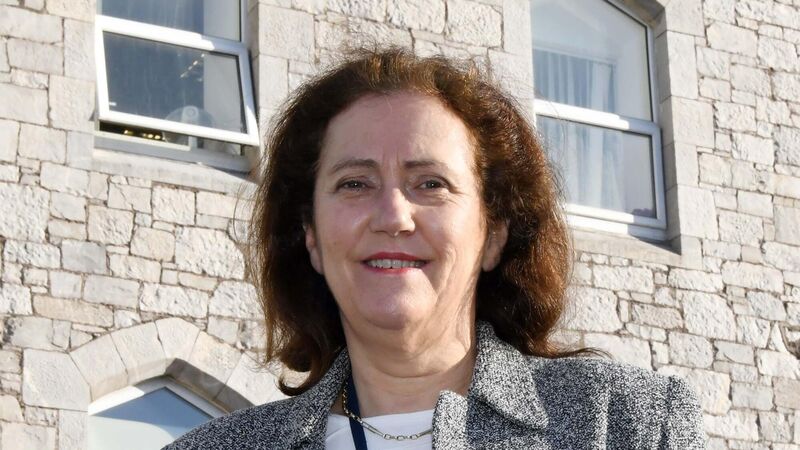Covid one year on: Frontline workers tell all after rolling lockdowns and infection waves

Dr Mary O'Mahony, specialist in public health medicine, HSE South, Department of Public Health at St Finbarr's Hospital, Cork. Picture: Denis Minihane
Try from €1.50 / week
SUBSCRIBEOver the past year, we’ve seen three waves of infection and rolling lockdowns, while our health service came under significant pressure in January and is still dealing with the third, more lethal, wave. Here, healthcare staff talk about their experiences.
Dr Mary O'Mahony: The Public Health Doctor
Already a subscriber? Sign in
You have reached your article limit.
Annual €130 €80
Best value
Monthly €12€6 / month
Introductory offers for new customers. Annual billed once for first year. Renews at €130. Monthly initial discount (first 3 months) billed monthly, then €12 a month. Ts&Cs apply.
CONNECT WITH US TODAY
Be the first to know the latest news and updates
Newsletter
Keep up with stories of the day with our lunchtime news wrap and important breaking news alerts.

Select your favourite newsletters and get the best of Irish Examiner delivered to your inbox
Tuesday, February 10, 2026 - 12:00 PM
Tuesday, February 10, 2026 - 8:00 PM
Tuesday, February 10, 2026 - 9:00 PM
© Examiner Echo Group Limited